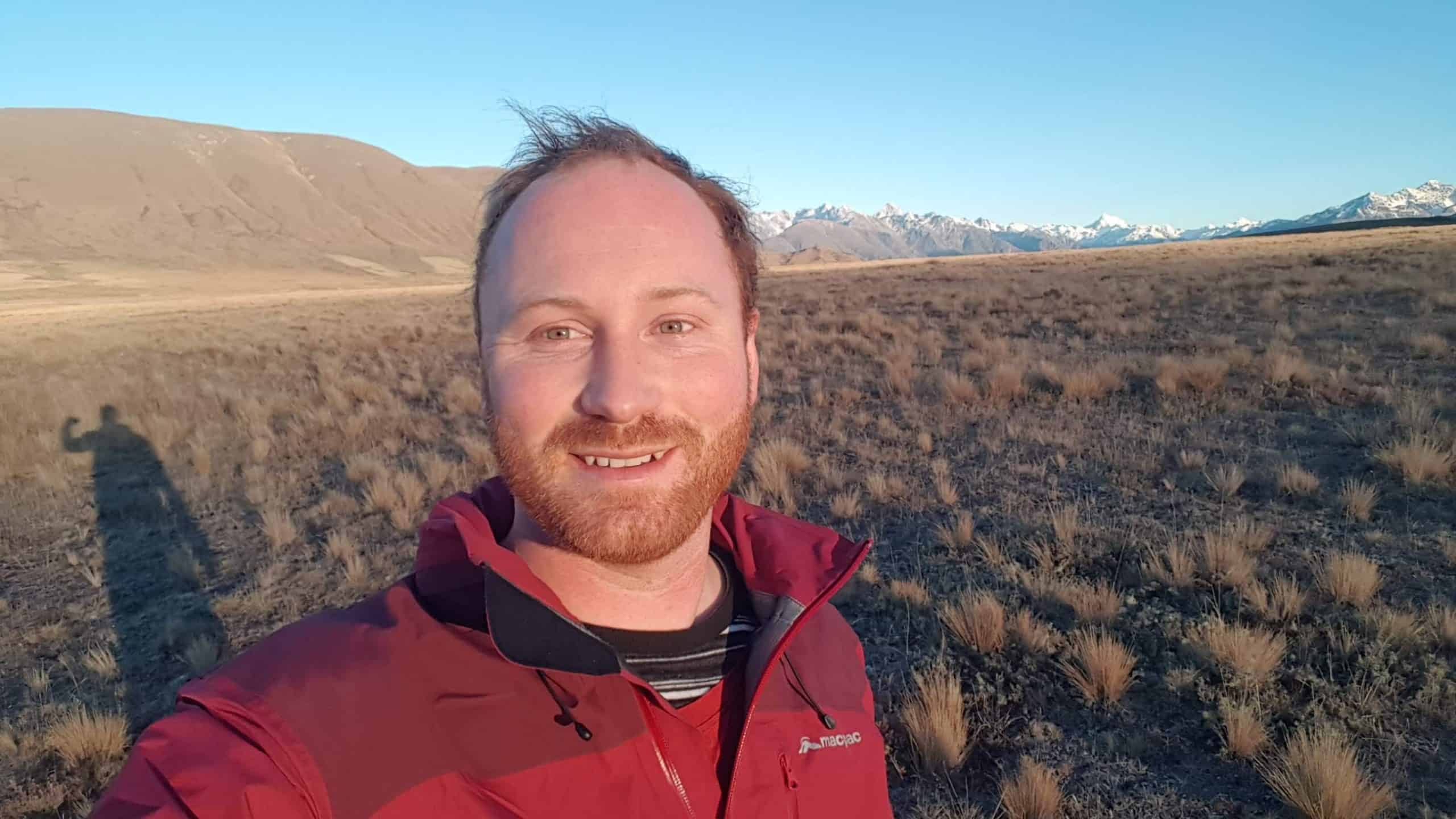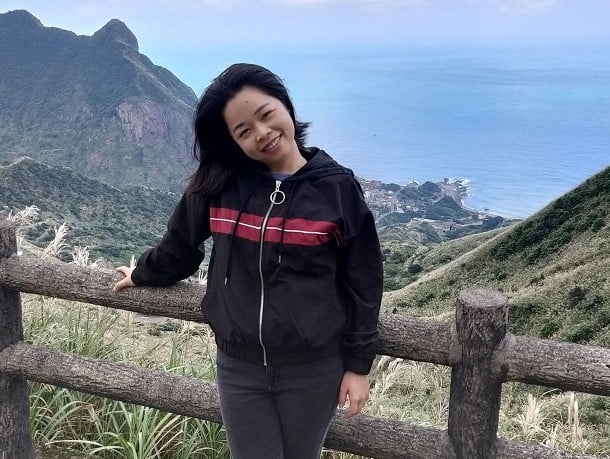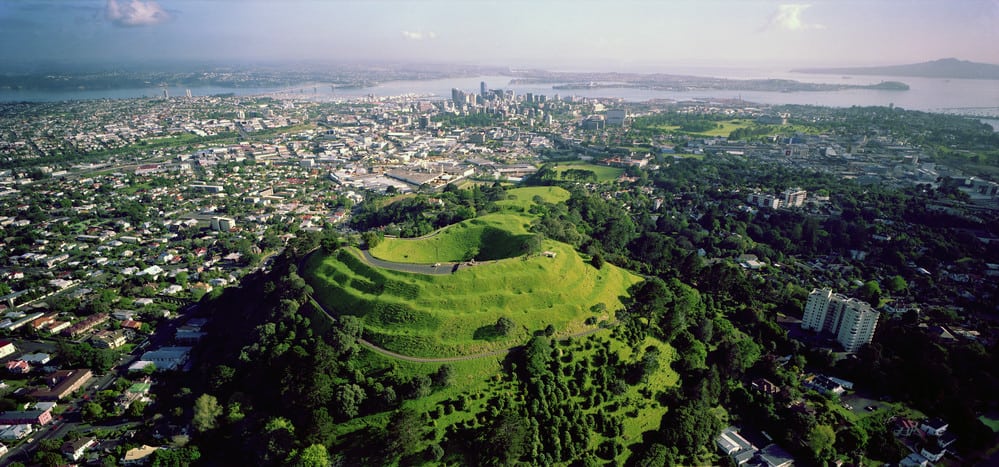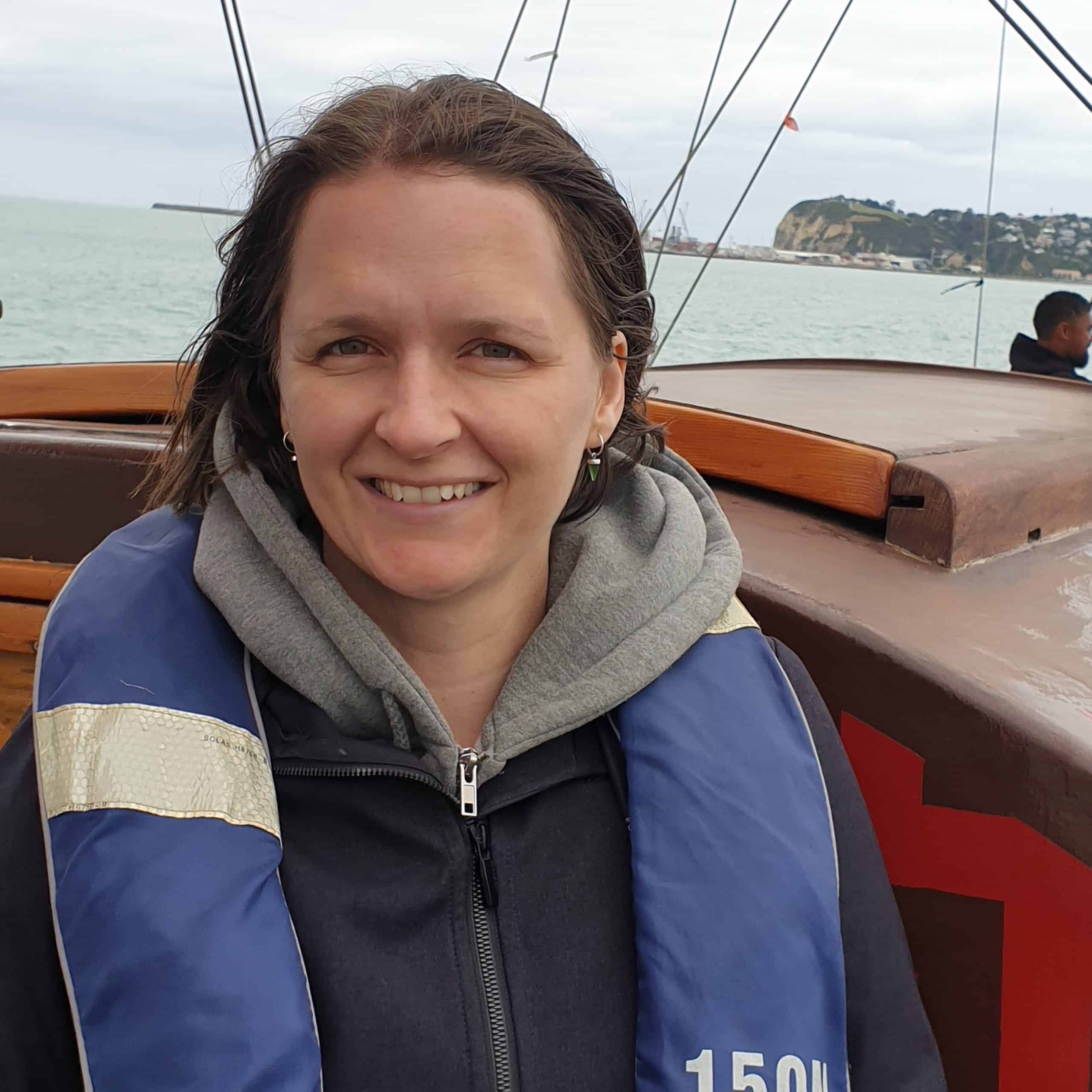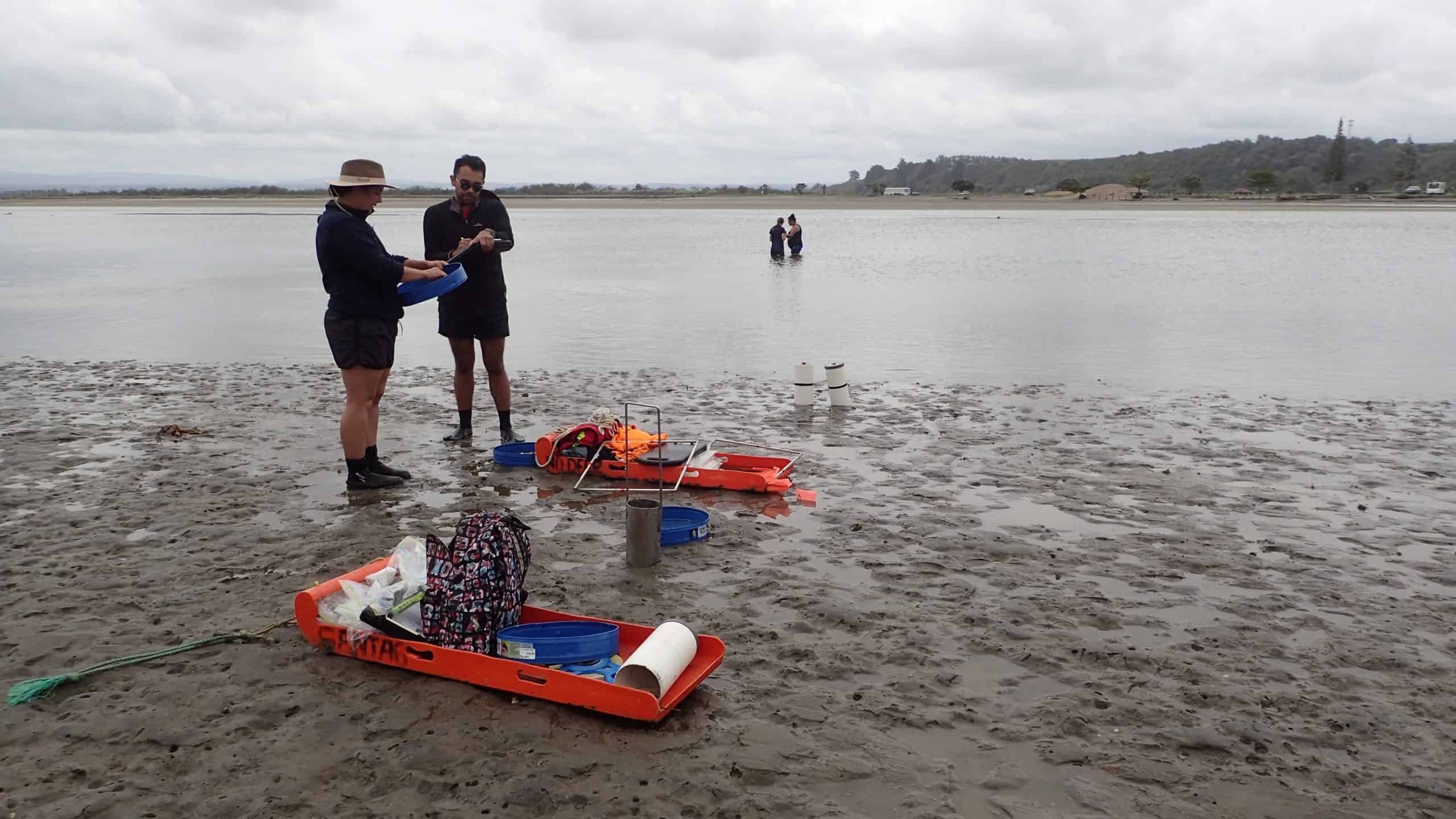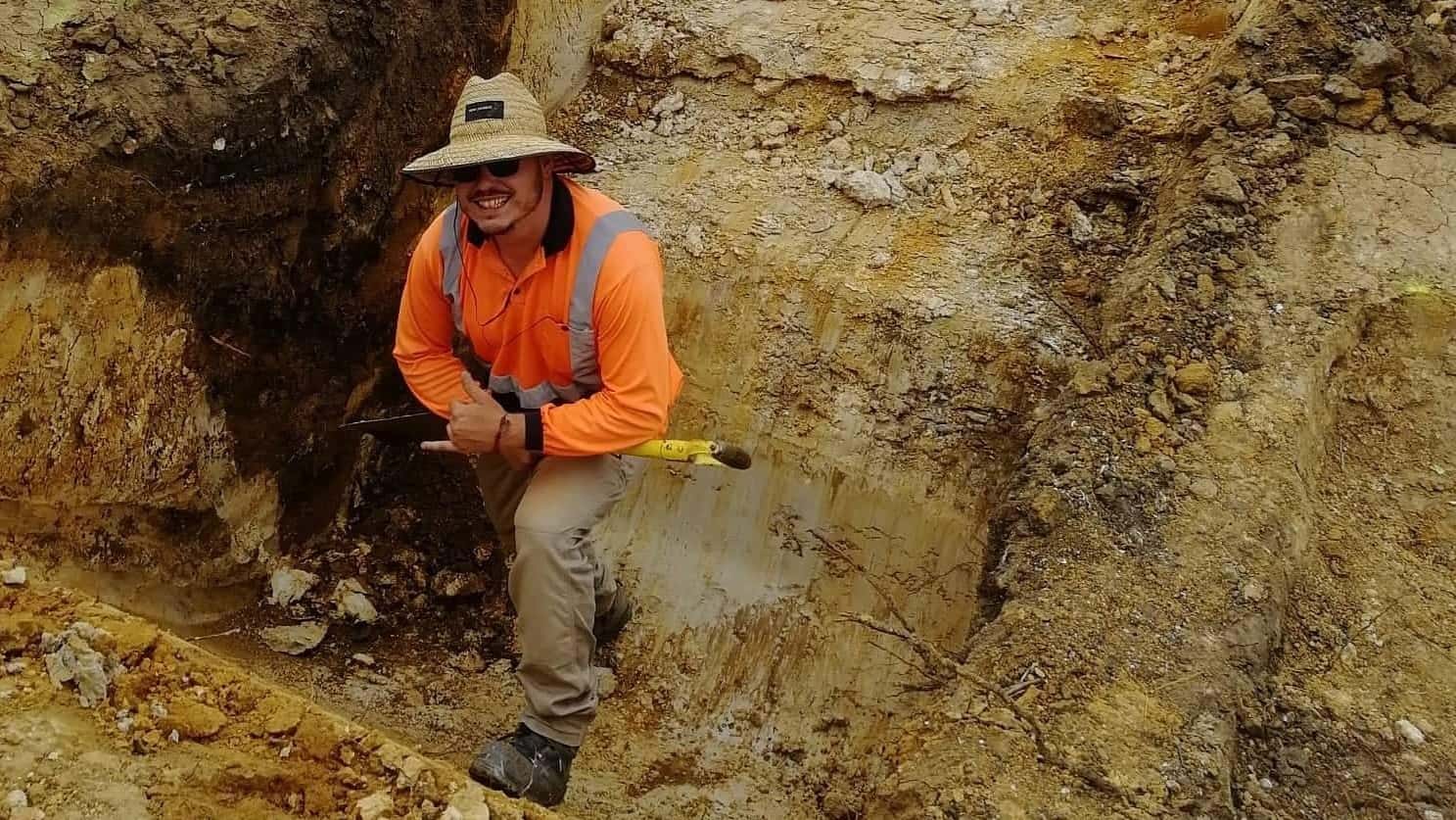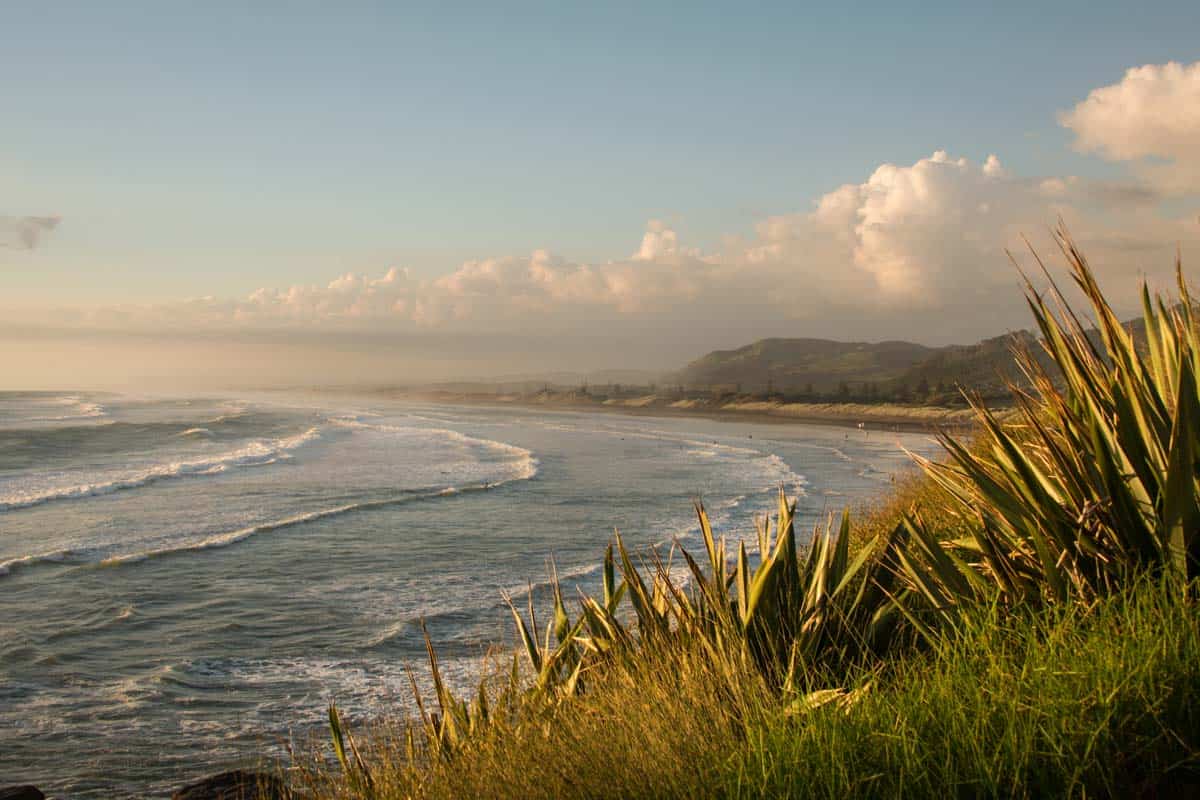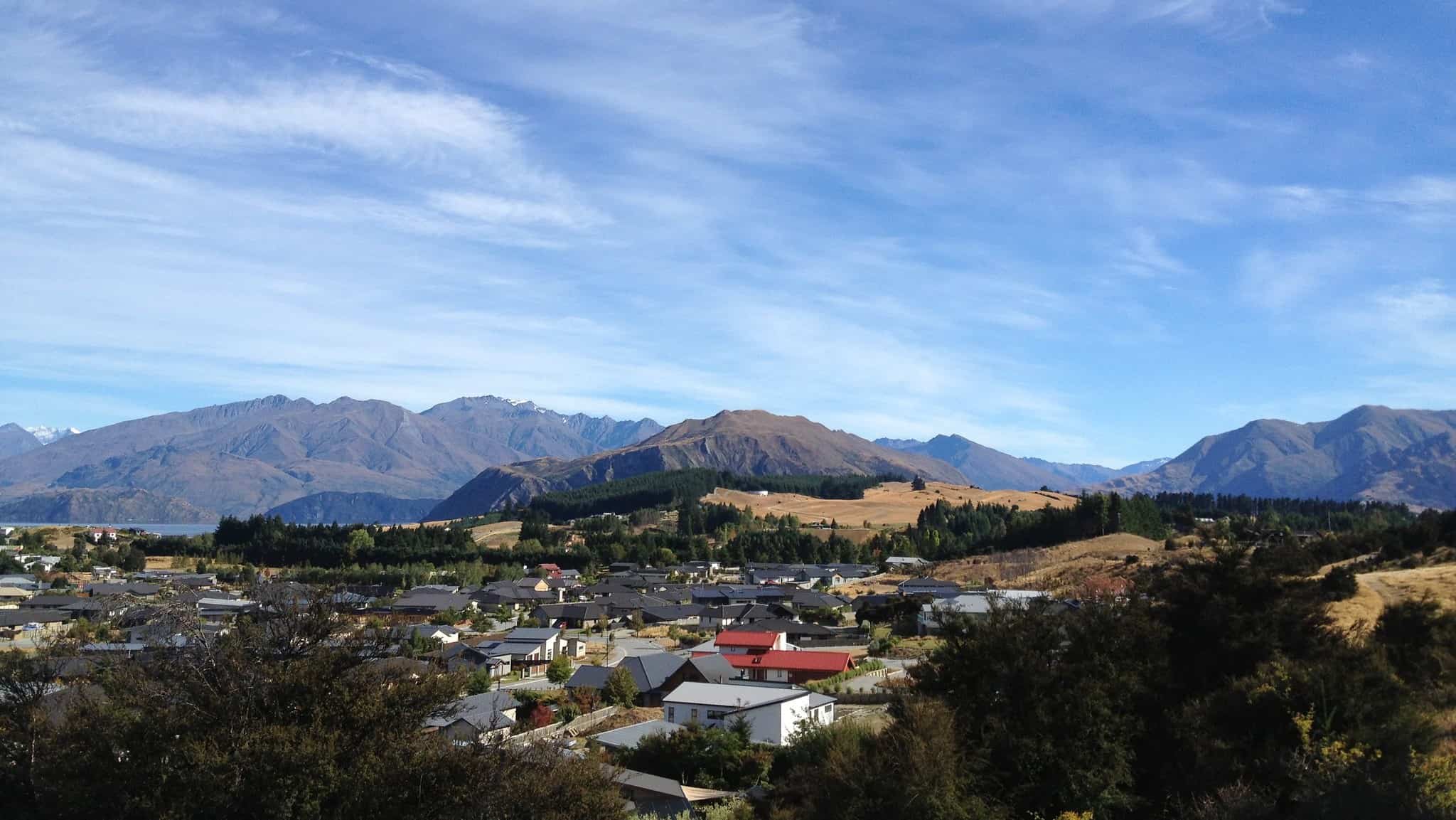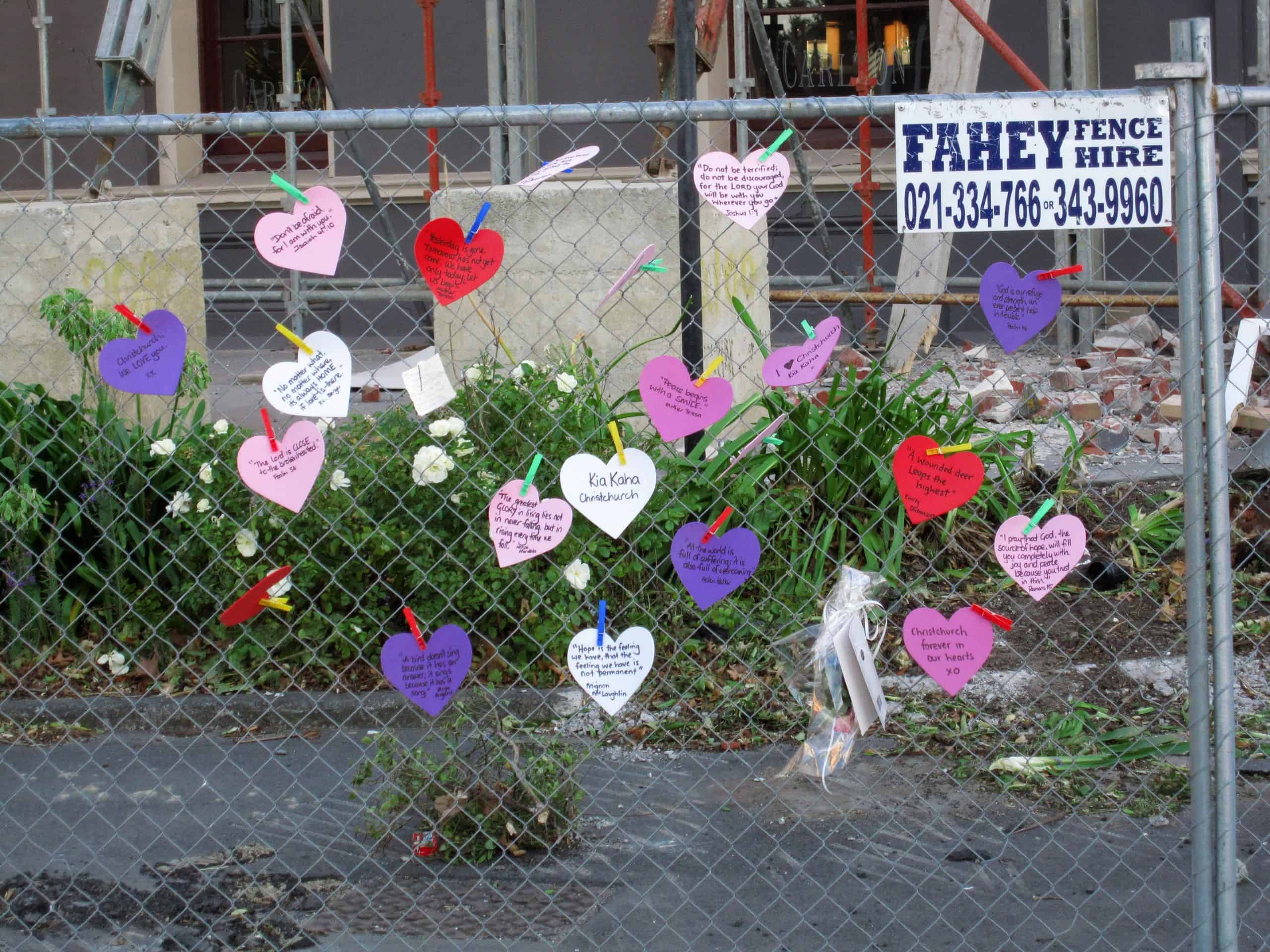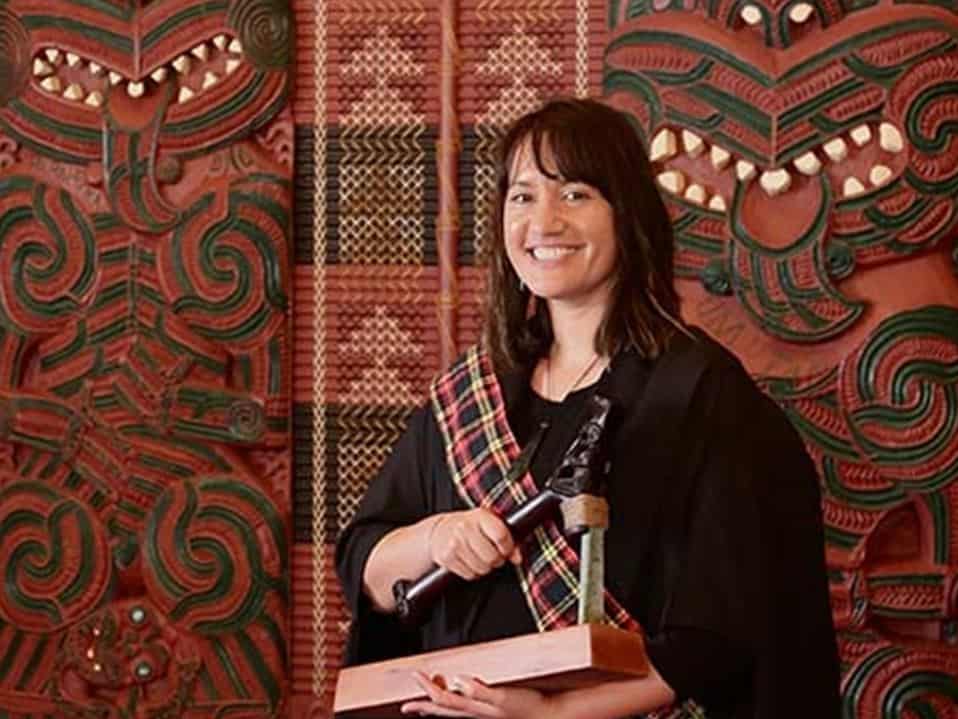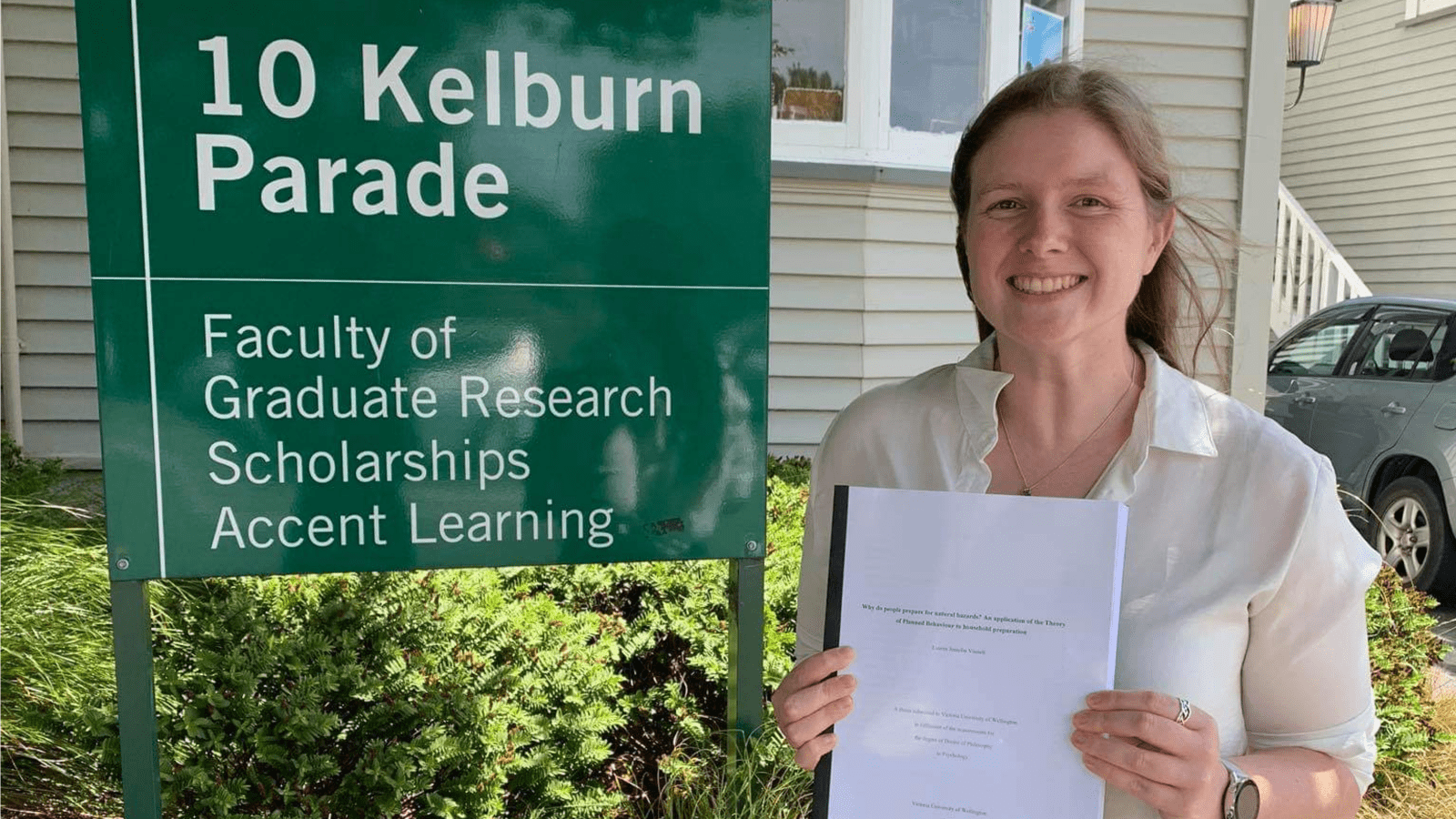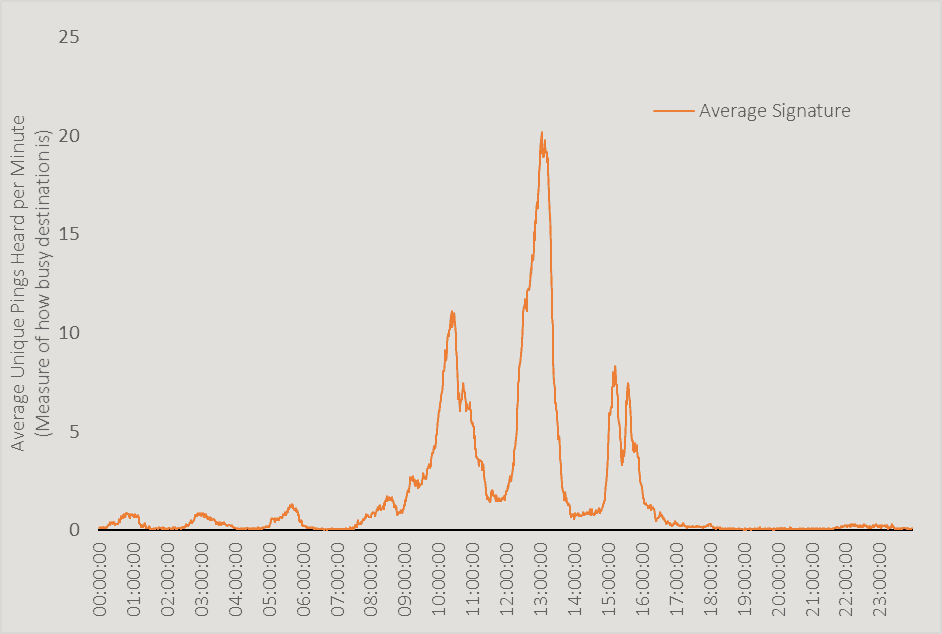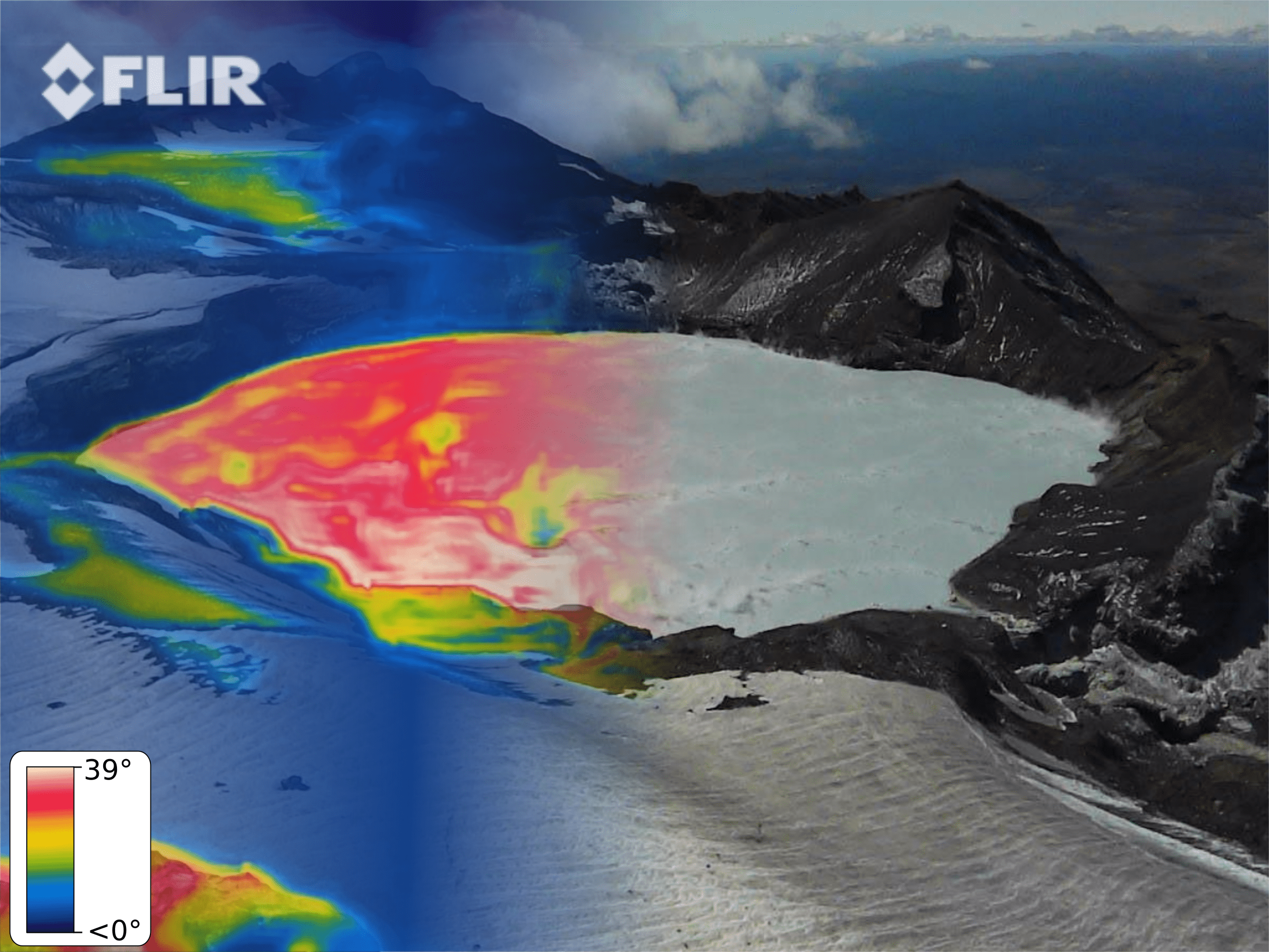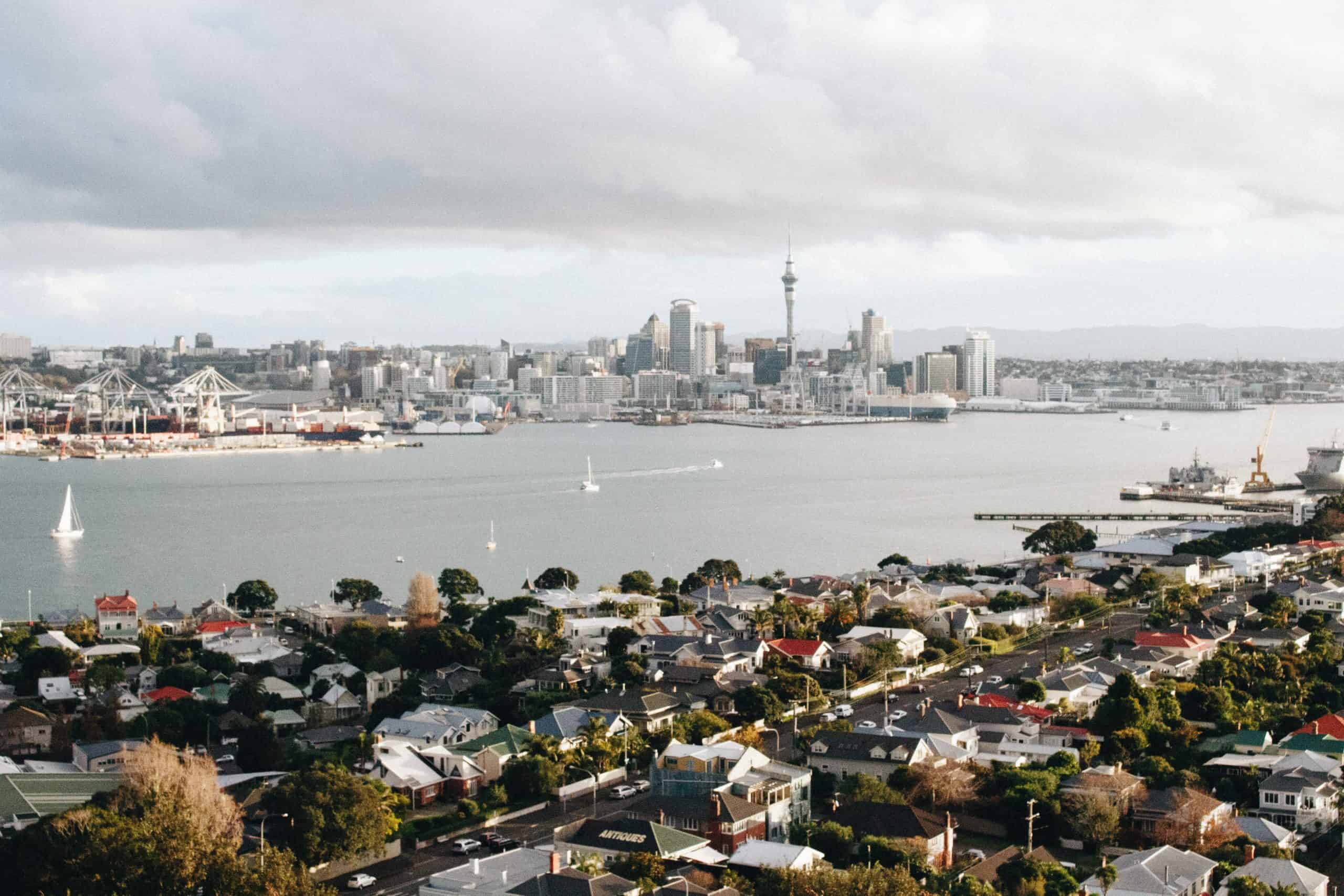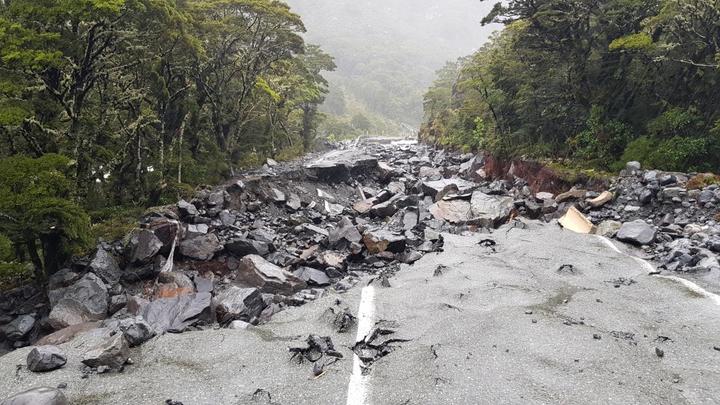Understanding the Physical and Systemic Vulnerabilities in Integrated Stopbank-Dam Catchments I grew up in sunny Nelson, New Zealand where I enjoyed many opportunities to connect with nature through tramping, mountain biking and family holidays in the Marlborough Sounds. In my final year of high school (after causing a lot of stress for Mum) I decided […]
Student profile: Yi-Wun Mika Liao
Developing physics-based modelling of synthetic earthquakes to access and forecast fault rupture, ground shaking, tsunami and landslides I was born and raised with two siblings by my grandparents in Taiwan. I graduated from the Department of Earth Science of National Central University, Taiwan, and studied ground motion simulation of historical earthquakes during my master’s years. […]
Modelling the social and economic impacts of a volcanic eruption in Auckland
By Robert Cardwell A research team led by University of Auckland PhD candidate and Market Economics researcher Robert Cardwell recently published new research on the simulation of economic and urban development recovery pathways following the eruption of a new volcano in the Auckland region. The research, published in the Journal of Volcanology and Geothermal Research, […]
Q & A with Dr Shari Gallop
Q. Tēnā koe Shari. Can you tell us a bit about your iwi and hapū connections? I whakapapa to Ngāti Maru (Hauraki) through my dad and Te Rarawa in Northland through my mum. I also have Danish and English ancestry. Since I moved back to Aotearoa New Zealand in 2018 I have connected with my […]
Q&A with Akuhata Bailey-Winiata
Mapping coastal marae and urupā Tēnā koe Akuhata. Can you tell us about your iwi affiliationsā Yes, my iwi affiliations are Ngāti Whakaue, Tūhourangi, Ngāti Tutetawhā, and Ngāti Tāwhaki. What motivated you to pursue your current research on climate threats to coastal marae and urupā? At the end of 2019 I graduated with my Bachelor […]
Student Profile: Ben Jones
Investigating coastal archaeological vulnerability in Aotearoa Tēna koutou katoa Ko Crocodile te awa E hono ana ahau ki Royal Oak Tāmaki Makaurau Ko Ben Jones tōku ingoa He Kairangahau ahau ki te Whare Wānanga o Tāmaki Makaurau He mihi nui, he mihi aroha! I was born in South Africa in a small rural community. At […]
Improving volcanic ballistic projectile hazard assessments
By Dr Rebecca Fitzgerald Volcanic ballistic projectiles (VBPs) are fragments of solid rock or molten lava ejected out of a volcano in explosive eruptions. They are one of the most common causes of deaths and injuries on volcanoes, as they can travel up to hundreds of metres a second, range up to tens of metres […]
How iwi and hapū management plans can enhance the planning process
By Gavin McCleave, science communications intern Research by Dr Wendy Saunders and Lucy Kaiser explores how iwi and hapū in the Bay of Plenty prepare and use iwi and hapū management plans (IHMPs), and how well councils and third parties use the IHMPs during planning processes. Their research looked at the extent to which natural […]
The growing wildfire risk at the urban margins
By Gavin McCleave, science communications intern Fires on the margins of urban areas in Aotearoa New Zealand have been relatively rare in the past but are becoming more common. Climate change is making the country hotter and drier, and land usage at the rural-urban interface (RUI) is rapidly changing as subdivisions are creating more than […]
Research provides guidance on coastal infrastructure and rising seas
New research from Te Herenga Waka—Victoria University of Wellington addresses the adaptation of stormwater and wastewater infrastructure in coastal areas as sea levels rise and heavy rainfall events increase in frequency – significant risks identified in New Zealand’s National Climate Change Risk Assessment. The research, funded by the Resilience to Nature’s Challenges National Science Challenge […]
New ‘synthetic’ earthquakes are deepening scientists’ understanding of earthquake risk
Ground-breaking new research has created a million-year catalogue of ‘synthetic’ earthquakes that could shape future earthquake and tsunami hazard models for Aotearoa New Zealand. “The full cycle of New Zealand’s earthquake activity spans thousands of years,” explains Dr Bill Fry of GNS Science, co-leader of the research programme. “Modern observations and data only cover the […]
Managed retreat – by whom and how?
By Gavin McCleave, science communications intern Many communities around Aotearoa New Zealand are faced with increasing risks from storm surges, flooding, rising sea levels, and the prospect of being forced to leave behind their homes, land and community. In recognition of this, the Government recently announced a new Climate Change Adaptation Act will form part […]
A legacy for Christchurch: Ten years since February 22 earthquake
By Richard Smith, Resilience Challenge Director The ten-year anniversary of the February 22nd Christchurch earthquake will be stirring memories for many in Canterbury, and those affected around the country. We acknowledge those who suffered loss on that day, and the communities of the Canterbury region still dealing with damage, disruption, and change. For Aotearoa New […]
Student profile: Ngawaiata Turnbull
Maungapōhatu – A history of resilience, Rua Kēnana and Iharaira Ka moe, ka moe a Te Maunga rāua ko Hinepūkohurangi ka puta ko Ngā Tamariki o te Kohu. Ko Ngawaiata Turnbull taku īngoa he uri whakaheke nō roto i ngā tātai, tāheke kōrero ō Iharaira-Tamakaimoana, ō Ngāti Tāwhaki ki Te Urewera, o Te Whānau Pani […]
Don’t just think about earthquakes, prepare for them
Findings from Dr Lauren Vinnell’s PhD research will help fine-tune the kind of advice communities need to better prepare for earthquakes and other natural hazards For her PhD in Psychology, Te Herenga Waka—Victoria University of Wellington’s Dr Lauren Vinnell studied how the thoughts and beliefs people hold about preparing for natural hazards influences their behaviour. […]
Using data sensors to understand tourist disaster risk
Mat Darling is a PhD student at the University of Canterbury funded by our Rural programme, and his research seeks to better understand the disaster risk exposure of tourists in New Zealand. Mat is using new data sources to track real time movements of tourists, in order to help emergency managers plan more accurately […]
Q&A with Prof Tim Sullivan
Q. Tēnā koe Tim. Can you tell us how you got into Civil Engineering? Were you always interested in building things? Kia ora! As a kid I always thought I would become an architect. I loved playing with lego and art and thought that being an architect is sort of like combining the two. However, […]
Volcano mapping using hyperspectral remote sensing
By Dr Gabor Kereszturi, Massey University New Zealand is not short of composite volcanoes that can produce volcanic hazards from a range of eruption styles, pyroclastic density currents, rockfall and ballistics, lahars, and flank collapses, among others. Based on the geological record, Mt Ruapehu and Mt Tongariro have produced many of these impactful hazards in […]
Recipients of the Urban Resilience Innovation and Collaboration Hub
In the first half of 2020 the Urban programme established the Urban Resilience Innovation & Collaboration Hub, a round of contestable funding with the purpose of supporting research and research-related activities that promote urban resilience in New Zealand. The fund provides up to NZD $10,000 for projects that add value to the existing work within […]
Impact case study 2019-20: Responsive science for national emergencies
Resilience to Nature’s Challenges has a unique role among National Science Challenges, with obligations under the National Civil Defence Management Plan (2015) to enable coordination of post-event research activity. As we have demonstrated in 2019-20, we’re able to add significant value by linking and coordinating across the science system, and supporting the direct input of […]
